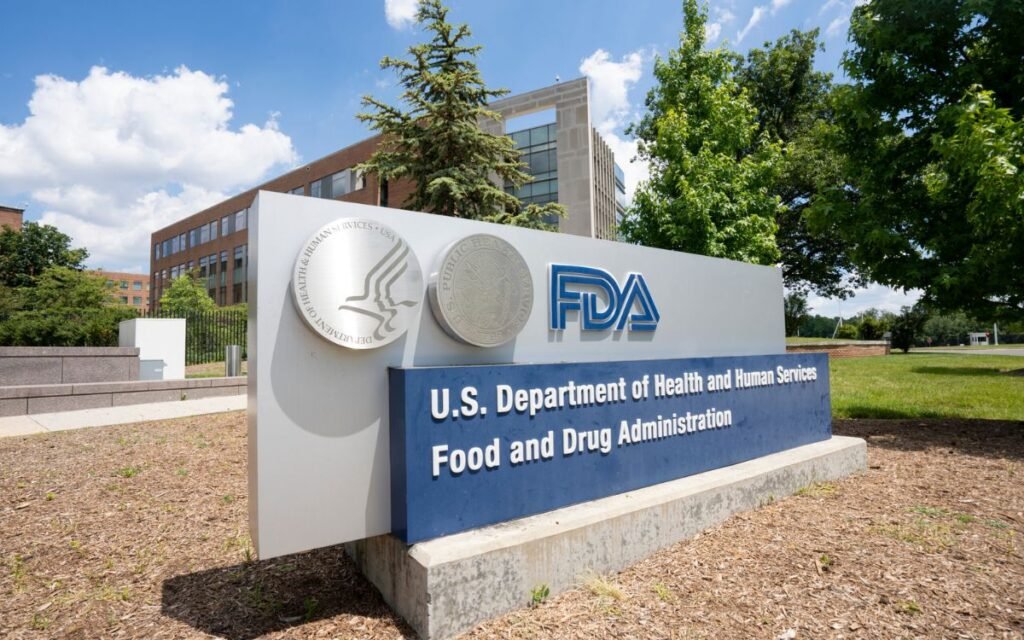UCB Farchim, a subsidiary of Belgian pharmaceutical company UCB, is facing regulatory scrutiny from the FDA. The FDA recently issued a Form 483 to the UCB Farchim facility in Bulle, Switzerland, following an inspection conducted from June 26 to July 4. This regulatory action centres on concerns related to quality control and record-keeping.
The FDA inspector identified several deficiencies in the facility’s quality control operations. Notably, there were instances of interrupted injections, and the inspector requested these interruptions to be properly verified and evaluated. Additionally, it was noted that test runs appeared to have been manually interrupted using a ‘user abort’ function. These interruptions, along with issues such as ‘Data Incomplete’ and ‘Data Missing,’ were not adequately documented or trended as required.
Also Read: Zilbrysq, A Novel Antibody For Myasthenia Gravis, Gets FDA Approval As UCB’s Second Drug For The Rare Disease
The quality control unit at the facility was also found to have insufficient control over specific electronic records, including batch control records. Furthermore, the FDA raised concerns about analytical method transfers for an undisclosed active pharmaceutical ingredient and the procedures governing component handling.
It’s worth mentioning that UCB has encountered manufacturing-related challenges in recent years. Prior to this incident, issues with quality control at UCB’s Braine-l’Alleud facility in Belgium resulted in an FDA-issued Form 483 in May. In 2022, UCB faced setbacks when the FDA rejected their highly anticipated psoriasis drug, bimekizumab, due to delayed plant inspections. However, the drug has since received FDA approval.
This latest development with UCB Farchim underscores the importance of rigorous quality control and compliance with FDA regulations in the pharmaceutical industry. UCB will likely need to address these issues promptly to ensure the quality and safety of its pharmaceutical products.





























